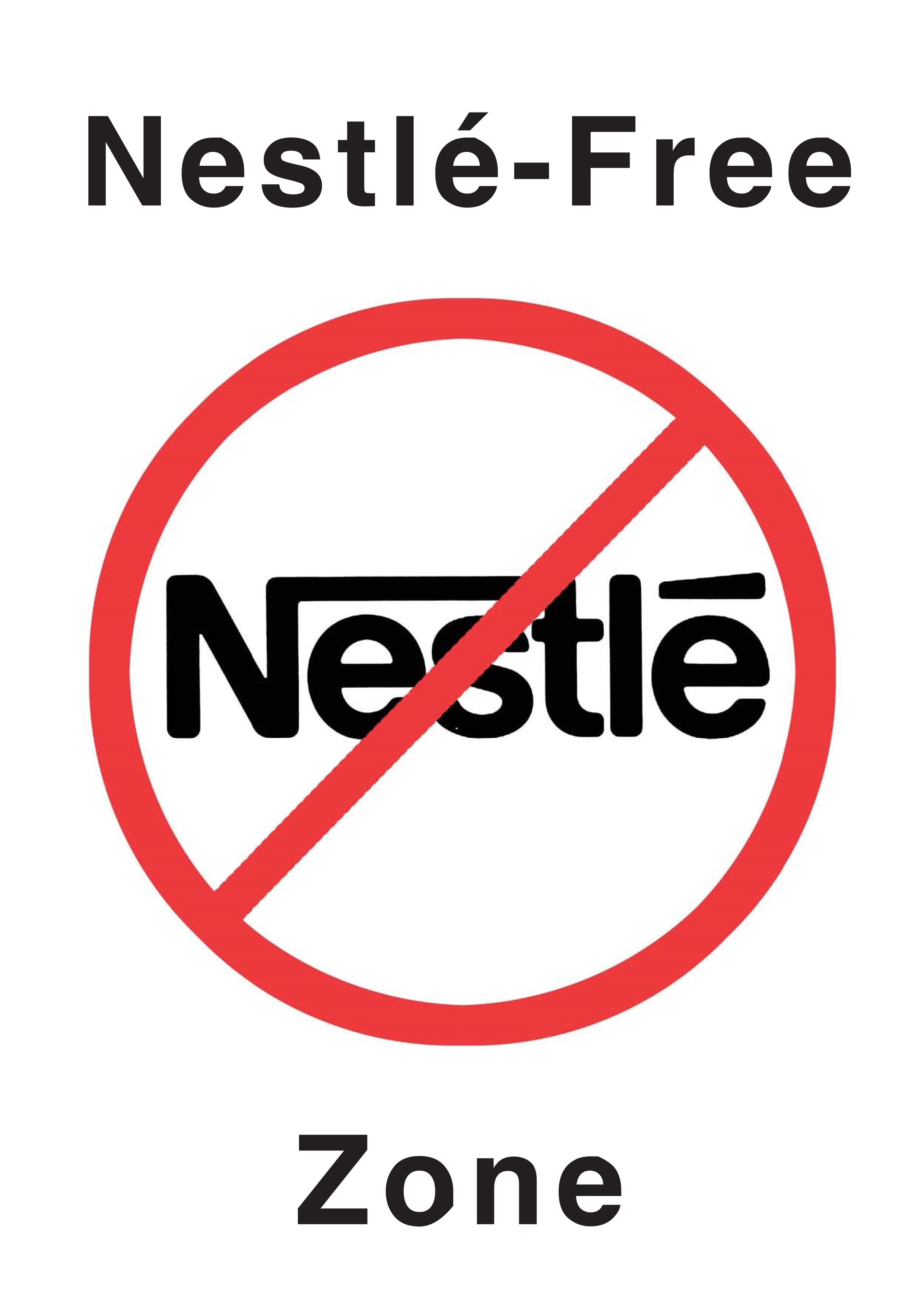International Breastfeeding Journal
While breastfeeding provides benefits for infants and the mother, many women either do not breastfeed or terminate breastfeeding earlier than recommended. The aim of this analysis was to identify factors assoc...
World Health Organization recommends exclusive breastfeeding (EBF) for 6 months with maternal active antiretroviral therapy (ART) to prevent mother-to-child transmission (PMTCT) of HIV. However, EBF in low res...
Aggressive and unregulated marketing of breastmilk substitutes (BMS) results in increased child morbidity and mortality. Unregulated BMS marketing is a major public health concern because it encourages formula...
Prenatal knowledge, attitude, and intention related to breastfeeding are postulated as important modulators of feeding practices. Using data from the Mother and Infant Nutritional Assessment (MINA) study, a th...
Human milk insufficiency is a significant barrier to implementing breastfeeding, and it is identified as a prevalent concern in 60–90% of mothers in low-and-middle-income countries. Breastmilk insufficiency ca...
The pandemic caused by COVID-19 has affected reproductive and perinatal health both through the infection itself and, indirectly, as a consequence of changes in medical care, social policy or social and econom...
Early initiation of breastfeeding after birth and exclusive breastfeeding for the first six months improves child survival, nutrition and health outcomes. However, only 42% of newborns worldwide are breastfed ...
The increasing numbers of women in the workforce is an inevitable trend in China. More and more employed women stop breastfeeding because of working stressors. Many mothers, however, overcome the challenges a...
We evaluated (a) opinion of Syrian and Turkish healthcare workers (HCWs), and perceptions and attitudes of Syrian refugee mothers, pregnant women, fathers and grandmothers on age-appropriate breastfeeding, (b)...
Women with inverted nipples may struggle with breastfeeding and may stop exclusive breastfeeding before six months. The use of an inverted syringe to evert the nipples was successful in achieving high rates of...
Although breastfeeding is widely acknowledged as protecting both infant and maternal health postnatally, a partial or complete shortfall of maternal milk can occur for a range of reasons. In this eventuality, ...
Breastmilk hand expression (BMHE) is recommended to promote lactation, relieve breast engorgement, and collect milk for future infant feedings. Resources to teach this skill are limited and infrequently develo...
Mothers of preterm infants face many challenges in breastfeeding, especially regarding lactation. This study aimed to investigate the lactation status and challenges in breastfeeding faced by preterm infants’ ...
Donor human milk is the best alternative for preterm infants when their mother’s own milk is insufficient or unavailable. The development of human milk banks in China started late, and in most of these banks, ...
Ehlers-Danlos syndrome (EDS) is a rare genetic connective tissue condition that is poorly understood in relation to lactation. As diagnostic methods improve, prevalence has increased. EDS, a disorder that impa...
Milk sharing is not a new concept and occurs today via regulated human milk banks and unregulated online milk sharing groups. Exploring and understanding how, and why, mothers use these peers to peer milk shar...
Milk-derived microRNAs (miRNAs), including hsa-miR-148a-3p (miR-148a) and hsa-miR-125b-5p (miR-125b), have been shown to be beneficial to the gastrointestinal function in infants. Here, we investigated their e...
The effects of breastfeeding practices on children’s health are undoubtedly of great interest. However, inequalities in b...
Recent studies show corporate political activity (CPA) can have detrimental impacts on health policy processes. The Control of Marketing Promotion of Infant and Young Child Food Act B.E. 2560 (the Act) was imp...
A breastfeeding-friendly physician’s office that applies the 13 recommendations of the Academy of Breastfeeding Medicine can help increase the exclusivity and duration of breastfeeding. Having already publishe...
Most Recent Articles: International Breastfeeding Journal
SubscribeFeliratkozás a következőre: International Breastfeeding Journal hírcsatorna

